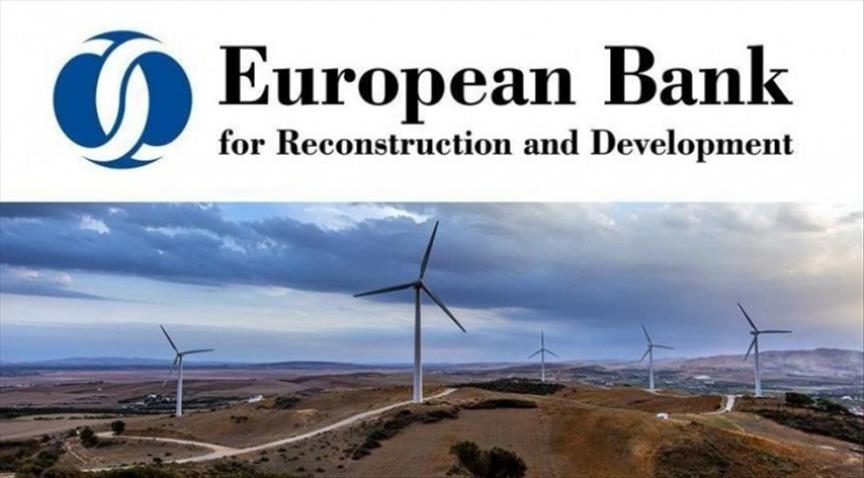The European Bank for Reconstruction and Development (EBRD) and its partners have recognized the best small-scale energy projects financed in the second stage of the Turkey Sustainable Energy Financing Facility (TurSEFF) in a ceremony held on Wednesday in Istanbul.
Electricity producer Dogu Star, Esko Enerji, YBT Enerji, Elfa Enerji, Ogullar Asphalt, Ilyada Hotel, Saydam Tekstil and Kilic Holding, whose interests range from agriculture to tourism, were named as the award-winners.
Launched in 2010, the EBRD-led TurSEFF originally aimed at financing small and medium-sized enterprises (SMEs) seeking to enhance their energy efficiency.
Now in its third stage, TurSEFF also provides financing to projects in the municipal sector and will partner with leasing companies in addition to banks.
During the second stage, almost 500 projects were financed with a total of €254 million.
“The success we are celebrating today wouldn’t have been possible without our committed partner banks,” Oksana Pak, EBRD head of Financial Institutions Turkey, said.
Among EBRD partner banks, Isbank has expertise in financing solar PV, resulting in 90 megawatts of new installed capacity. Vakifbank has been supporting energy efficiency with 160 such financed projects.
YapiKredi has financed 740 projects, the largest number of projects by one bank between 2013-2016. Investments financed through Denizbank have resulted in a yearly reduction of greenhouse gas emissions equivalent to taking 240,000 cars off the road.
EBRD also supported the partner banks for the development and launch of green products to expand financing for energy efficiency, Murat Sarıoglu, TurSEFF project director at MWH Global, a global water and natural resources firm, said.
“These products further drive sustainable energy, while supporting market growth by increasing awareness,” he said.
Since TurSEFF’s launch in 2010, the EBRD has provided €600 million to six Turkish partner banks for small-scale sustainable energy projects. This includes funding provided by the European Investment Bank and the Japan Bank for International Cooperation.
More than 860 projects have been financed and the projects are expected to reduce yearly emissions by 2 million tons of CO2 equivalent.
Sibel Akbay
Anadolu Agency
sibel.akbay@aa.com.tr


